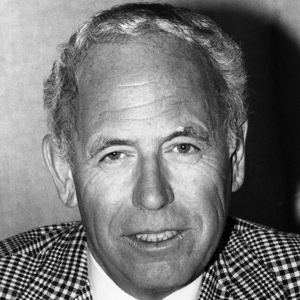
Arthur Frederick Hailey, AE was a Canadian novelist whose plot-driven storylines were set against the backdrops of various industries. His books, which include such best sellers as Hotel (1965), Airport (1968), Wheels (1971), The Moneychangers (1975), and Overload (1979), have sold 170 million copies in 38 languages.

Nachem Malech Mailer, known by his pen name Norman Kingsley Mailer, was an American novelist, journalist, playwright, and filmmaker. In a career spanning more than six decades, Mailer had 11 best-selling books, at least one in each of the seven decades after World War II.

Thomas Louis Berger was an American novelist. Probably best known for his picaresque novel Little Big Man and the subsequent film by Arthur Penn, Berger explored and manipulated many genres of fiction throughout his career, including the crime novel, the hard-boiled detective story, science fiction, the utopian novel, plus re-workings of classical mythology, Arthurian legend, and the survival adventure.

My Uncle Oswald is a 1979 novel in the sex comedy genre written by Roald Dahl.
Christopher Lehmann-Haupt was an American journalist, editor of the New York Times Book Review, critic, and novelist, based in New York City. He served as senior Daily Book Reviewer from 1969 to 1995.

Disclosure is a novel by Michael Crichton, his ninth under his own name and nineteenth overall, and published in 1994. The novel is set at a fictional computer hardware manufacturing company. The plot concerns protagonist Tom Sanders and his struggle to prove that he was sexually harassed by his female employer.
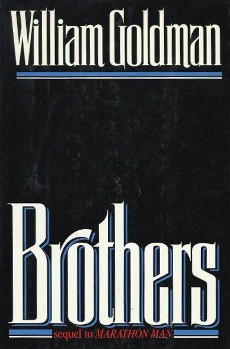
Brothers is a thriller novel by William Goldman. It is the sequel to his 1974 novel Marathon Man and is Goldman's final novel.
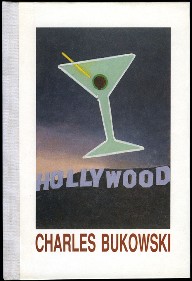
Hollywood is a 1989 novel by Charles Bukowski which fictionalizes his experiences writing the screenplay for the film Barfly and taking part in its tumultuous journey to the silver screen. It is narrated in the first person.
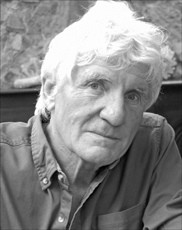
Anthony Bruce Summers is an Irish author. He is a Pulitzer Prize Finalist and has written ten non-fiction books. He worked for the BBC in current affairs coverage as a producer and then as an assistant editor of the long-running investigative documentary series Panorama. His first book was published in 1976.

Sailor Song is a 1992 novel written by Ken Kesey. The only work of long fiction solely written by Kesey after Sometimes a Great Notion (1964), Sailor Song depicts the lives of the residents of Kuinak, a small town in Alaska, thirty years in the future – the 2020s.
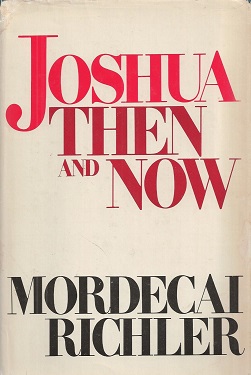
Joshua Then and Now is a Canadian novel written by Mordecai Richler, published in 1980 by McClelland and Stewart. A semi-autobiographical novel, the book is based his life on his neighborhood growing up in Montreal, Quebec, and tells of the life of a writer. Richler later adapted the novel into the feature film Joshua Then and Now, starring James Woods, Alan Arkin, and Gabrielle Lazure; directed by Ted Kotcheff who had previously directed Richler's The Apprenticeship of Duddy Kravitz.
Tough Guys Don't Dance may refer to:

Tough Guys Don't Dance is a 1987 crime mystery comedy-drama film written and directed by Norman Mailer based on his novel of the same name. It is a murder mystery/film noir piece. It was screened out of competition at the 1987 Cannes Film Festival.

Why Are We In Vietnam? (WWVN) is a 1967 novel by the American author Norman Mailer. It focuses on a hunting trip to the Brooks Range in Alaska where a young man is brought by his father, a wealthy businessman who works for a company that makes cigarette filters and is obsessed with killing a grizzly bear. As the novel progresses, the protagonist is increasingly disillusioned that his father resorts to hunting tactics that seem dishonest and weak, including the use of a helicopter and taking credit for killing a bear. At the end of the novel, the protagonist tells the reader that he is soon going to serve in the Vietnam War as a soldier.

Alfred Hitchcock and the Making of Psycho is a 1990 non-fiction book by Stephen Rebello. It details the creation of director Alfred Hitchcock's 1960 thriller Psycho. The 2012 American biographical drama film directed by Sacha Gervasi, based on this non-fiction book is titled Hitchcock. The film was released on November 23, 2012.

Lancelot is a 1977 novel by the American author Walker Percy.

The Deceivers is a 1988 adventure film directed by Nicholas Meyer, starring Pierce Brosnan, Shashi Kapoor and Saeed Jaffrey. The film is based on the 1952 John Masters novel of the same name regarding the murderous Thuggee of India.
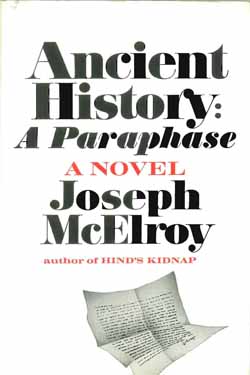
Ancient History: A Paraphase is Joseph McElroy's third novel, published in 1971. It presents itself as a hastily written essay/memoir/confession. The character Dom is sometimes described as a fictionalized Norman Mailer.
Beyond the Law is a 1968 independent film written by and starring Norman Mailer.

Dad is the second novel by the American novelist William Wharton. It is "a story of fathers and sons drawn from [the author's own] relationship with his own dying father". The novel was published in 1981 following Birdy (1978). It deals with a Paris-based American artist who is called to his mother's bedside as she has had a serious heart attack. It was one of the three novels by Wharton which was adapted into a movie, the other two being Birdy and A Midnight Clear.

















